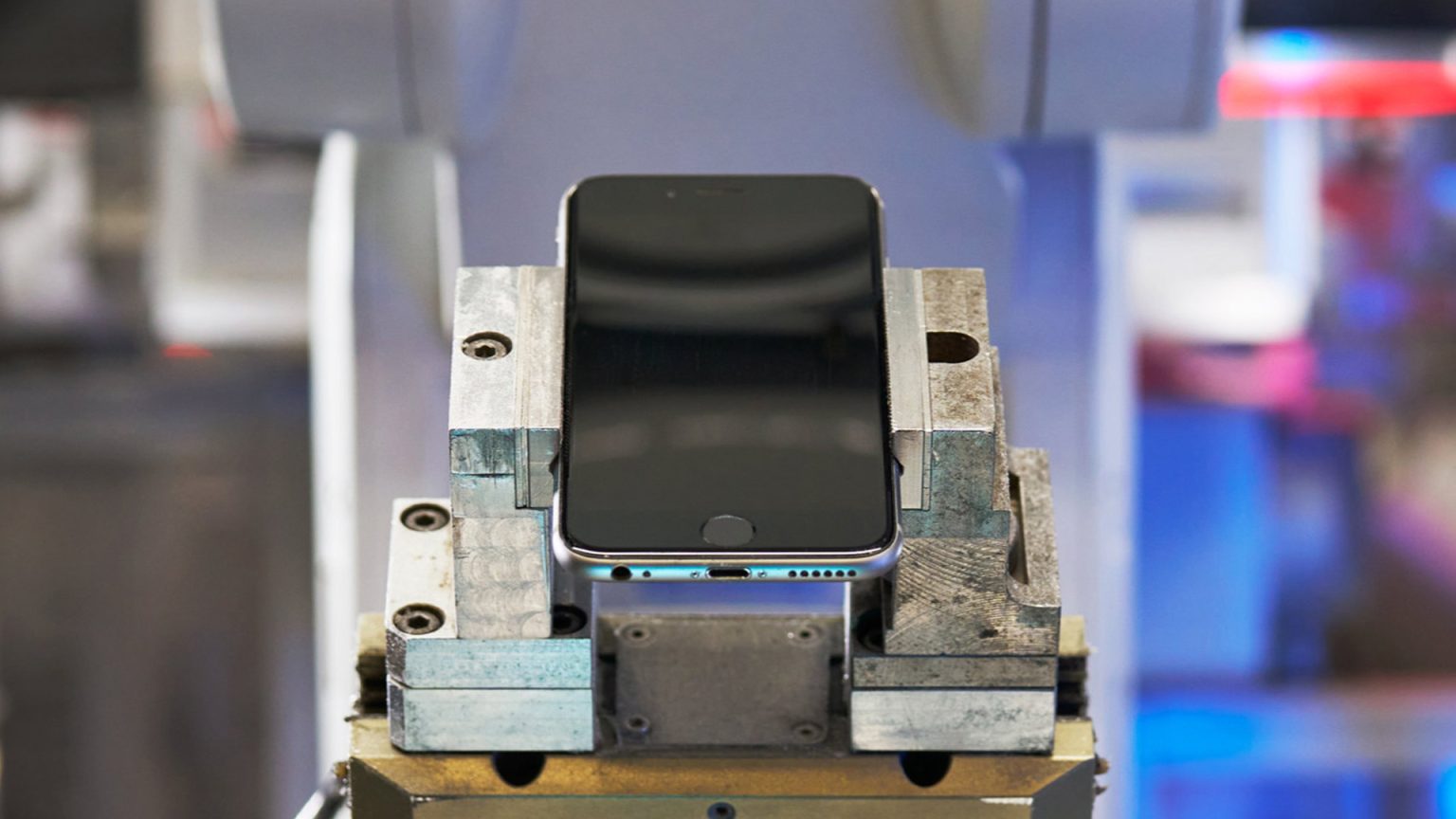Apple will soon start sending out settlement payments to affected users as part of a $500 million class-action lawsuit over the infamous “batterygate” iPhone throttling fiasco. Eligible users could start receiving payments by the end of 2023, reports The San Francisco Standard.
The publication spoke to Mark Molumphy, a lawyer at Burlingame-based Cotchett, Pitre & McCarthy law firm which initiated the legal proceedings of the case against Apple. Molumphy states that qualified users who signed up for the claim before October 6, 2020, and owned an iPhone 6, iPhone 6 Plus, iPhone 6s, iPhone 6s Plus, iPhone 7, or iPhone 7 Plus running iOS 10.2.1 or later are looking at a claim of about $65 per user. At least three million claims have been received from affected users, adds Molumphy, and the total settlement payout could top between $310 million and $500 million depending on the number of approved claimants.
The payout risked being delayed after two iPhone owners appealed the amount scheduled to be received from the settlement. The aforementioned owners are understood to have withdrawn their appeal, adds the report, and as such the settlement calculation and payout process have resumed once again. Molumphy states that final individual payouts could reach the hands of approved claimants between late 2023 and early 2024.

Discover new horizons, always connected with eSIM
Travel the world stress and hassle-free with the best eSIM service available. Enjoy unlimited data, 5G speeds, and global coverage for affordable prices with Holafly. And, enjoy an exclusive 5% discount.
The original lawsuit in question was filed in April 2018 on behalf of nearly 100 million iPhone owners, according to the report. Judge Edward Davila of the Northern District Court of California finalized and ratified the settlement amount in February 2023.
“Batterygate” fiasco background
The lawsuit originated from Apple’s rollout of the iOS 10.2.1 update back in 2017. This software update aimed to address the issue of older iPhones with deteriorating batteries experiencing seemingly unexplained shutdowns. To tackle this, the update intentionally adjusted the processing power of these devices, slowing them down when the degraded battery couldn’t handle supplying adequate power to the processor. As a result, certain users noticed decreased performance during these instances, with the only solution being to replace the old battery with a new one.
Initially, Apple refrained from informing its customers about the inclusion of performance throttling, which later became known in the media as “batterygate” in the iOS 10.2.1 update. This omission sparked frustration among consumers, including the initiation of multiple class-action lawsuits. Eventually, Apple acknowledged its mishandling of the entire situation and issued an apology, in addition to lowering the cost of battery replacements to $29 until the end of 2018.



